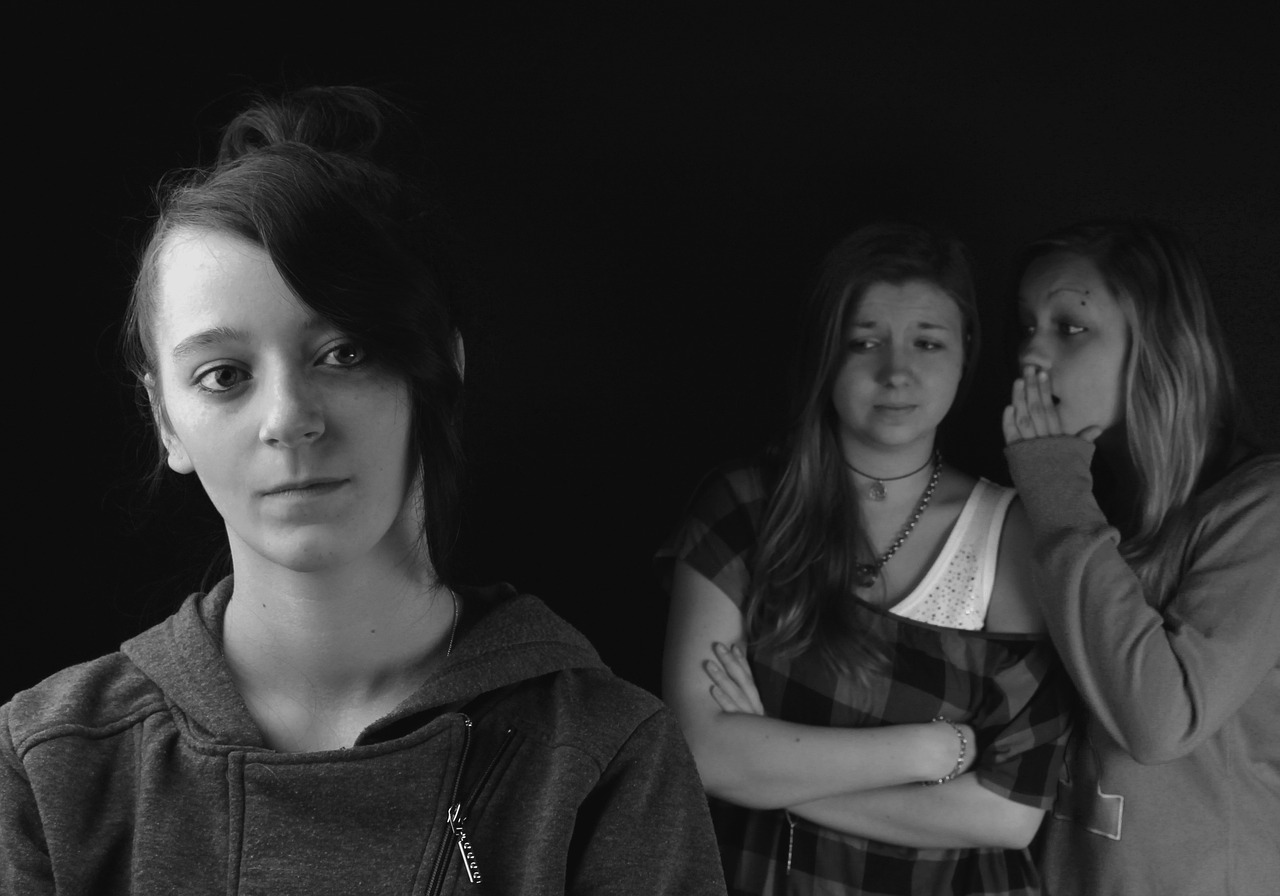Narcissistic friendships are far more common than we’d like to believe. As this month celebrates Galentine’s Day and female friendships, it’s important to remember that sometimes it’s better to be alone than with people who disrespect you.
This disrespect may not always be obvious to others or even to yourself if that’s the way people have treated you all your life.
Abuse Cycle in Narcissistic Friendships
Just like in any narcissistic relationship, narcissistic friendships also go through the cycle of Lovebombing (Idealization), Devaluation, Discard, and Hoover.
1. Lovebombing (Idealization)
The lovebombing phase is when they are exceptionally nice to you. They show respect, speak highly of your good qualities to others, and strive to be part of your friend circle. They may come across as overly polite and nice.
2. Devaluation
Once they are inside your friend circle, the disrespect or the devaluation slowly starts. They will try to create an image of you to others that is not true; perhaps those accusations are confessions.
They may think you are too good to be true. Their goal will now be to collect information about you to find your weaknesses and vulnerabilities.
This is the phase where you might share things with them because you trust them as a friend. This will aid in their information collection.
Now they can start using this information or even their wrong accusations to tarnish your image to others.
They will talk nonsense behind your back, possibly having started it even before they became your friend. They will build on the existing lies.
They will first start testing your boundaries. How much disrespect will you take? If you let go of something small, they will come back with something bigger.
Narcissists are the biggest cowards. They are scared of abandonment. They need a crowd to be around them, which is why they have already started groups against you long before you even realize it.
3. Discard
Next comes the discard phase—this may or may not happen. The narcissist can find a better supply, a better social/friend group that makes them look good, and can totally drop you like a hot potato.
Sometimes the narcissist will never leave you as well. So it totally depends on the supply and the type of narcissist you are dealing with.
4. Hoover
The Hoovering phase happens when you leave the narcissist.
They can send their flying monkeys to persuade you.
They will try to shame you and punish you for leaving them.
The best defense and revenge is not to respond, even though you feel like arguing or reasoning with them. Please understand that they are beyond reason.
You don’t owe them any explanation as to why you left. They know the reason very well, even though they will never accept it.
10 Signs to look out for to identify narcissistic friends:
1. Disrespect
Narcissistic behavior can entail disrespect—putting you down, seizing every opportunity to prove you are not worth it, and making fun of you (probably disguised as a joke).
2. Walking on eggshells
You do not know what to expect, or you know exactly how they will use the opportunity to put you down through experience.
3. Judgmental
You don’t feel safe around those people. You cannot be yourself around narcissists. They will make fun of your personality—how you talk, walk, dress.
You will have to play a role, or else you will be picked on. You don’t want to share anything with them, fearing judgment.
4. Are you getting stressed around them?
Pay attention to your body. The body never lies.
5. Pay attention to how your friends talk about others.
How they talk and judge others could be a great indicator to know how they talk about you when you are not in the room.
Additional Resources:
You can read more about narcissisctic friends through the articles below:
https://www.momjunction.com/articles/signs-of-narcissistic-friend-ways-to-deal_00792140/
https://www.choosingtherapy.com/narcissistic-friends/
https://psychcentral.com/pro/exhausted-woman/2019/07/7-indicators-of-a-narcissistic-friend#1
https://www.psychologytoday.com/intl/blog/strategies-for-living/202304/your-friend-the-narcissist


